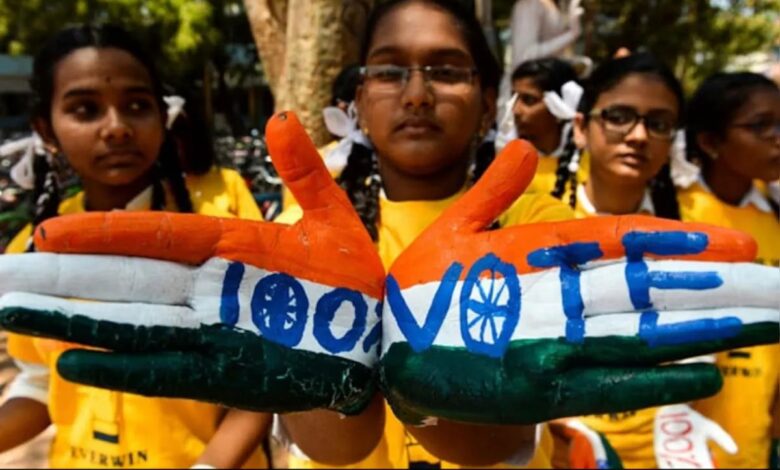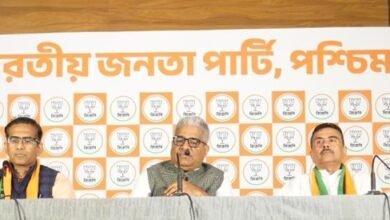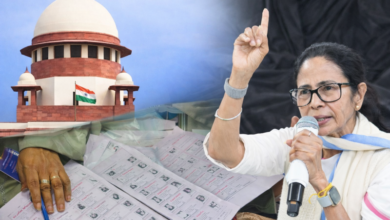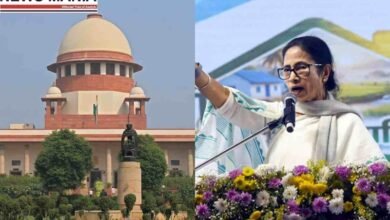India Gears Up for Lok Sabha Elections: A Comprehensive Overview of Phase I
Recognizing the transformative impact of Modi's rallies, BJP strategists are keen to leverage his immense popularity to sway voters not just within the constituency but also in neighboring regions

News Mania / Agnibeena Ghosh/18 April 2024
India, the world’s largest democracy, is on the brink of embarking on an unprecedented electoral journey as the first phase of its national elections is poised to commence on April 19. Spanning seven phases, these elections will determine the fate of the 543 seats of the Lok Sabha, India’s lower house of parliament, with the winning party or coalition set to form the next government.
With a staggering 969 million registered voters, this electoral spectacle stands as the largest democratic exercise in both contemporary times and history. Over the course of 44 days, voters across the nation will exercise their democratic right, utilizing 5.5 million electronic voting machines to cast their ballots. The culmination of this monumental endeavor will see the votes counted and results announced on June 4, ushering in a new era of governance in the world’s largest democracy.
As a vibrant multiparty democracy, India’s electoral landscape is characterized by a diverse array of political ideologies and affiliations. While numerous national and regional parties vie for electoral supremacy, the spotlight remains on two principal coalitions: the ruling National Democratic Alliance (NDA), spearheaded by Prime Minister Narendra Modi’s Bharatiya Janata Party (BJP), and the opposition Indian National Developmental Inclusive Alliance (INDIA), led by the Indian National Congress.
The first phase of voting will see 102 constituencies across 21 states and union territories casting their ballots. Key battlegrounds include Tamil Nadu, where all 39 seats are up for grabs, Rajasthan with 12 out of 25 seats, and Uttar Pradesh with eight out of 80 seats. Other states participating in phase 1 include Madhya Pradesh, Maharashtra, Uttarakhand, Assam, Bihar, West Bengal, Arunachal Pradesh, Manipur, Meghalaya, Chhattisgarh, Mizoram, Nagaland, Sikkim, Tripura, Jammu and Kashmir, Andaman and Nicobar Islands, Lakshadweep, and Puducherry.
Each phase of the election process holds immense significance, shaping the contours of India’s political landscape and influencing the trajectory of its future. As voters prepare to exercise their franchise, they are tasked with the responsibility of shaping the nation’s destiny and charting a course towards progress and prosperity.
The electoral battleground is set, and the stage is primed for a riveting contest of ideas, ideologies, and aspirations. With the eyes of the world trained on India, the forthcoming national elections are poised to make history, reaffirming the nation’s commitment to the principles of democracy and participatory governance.






